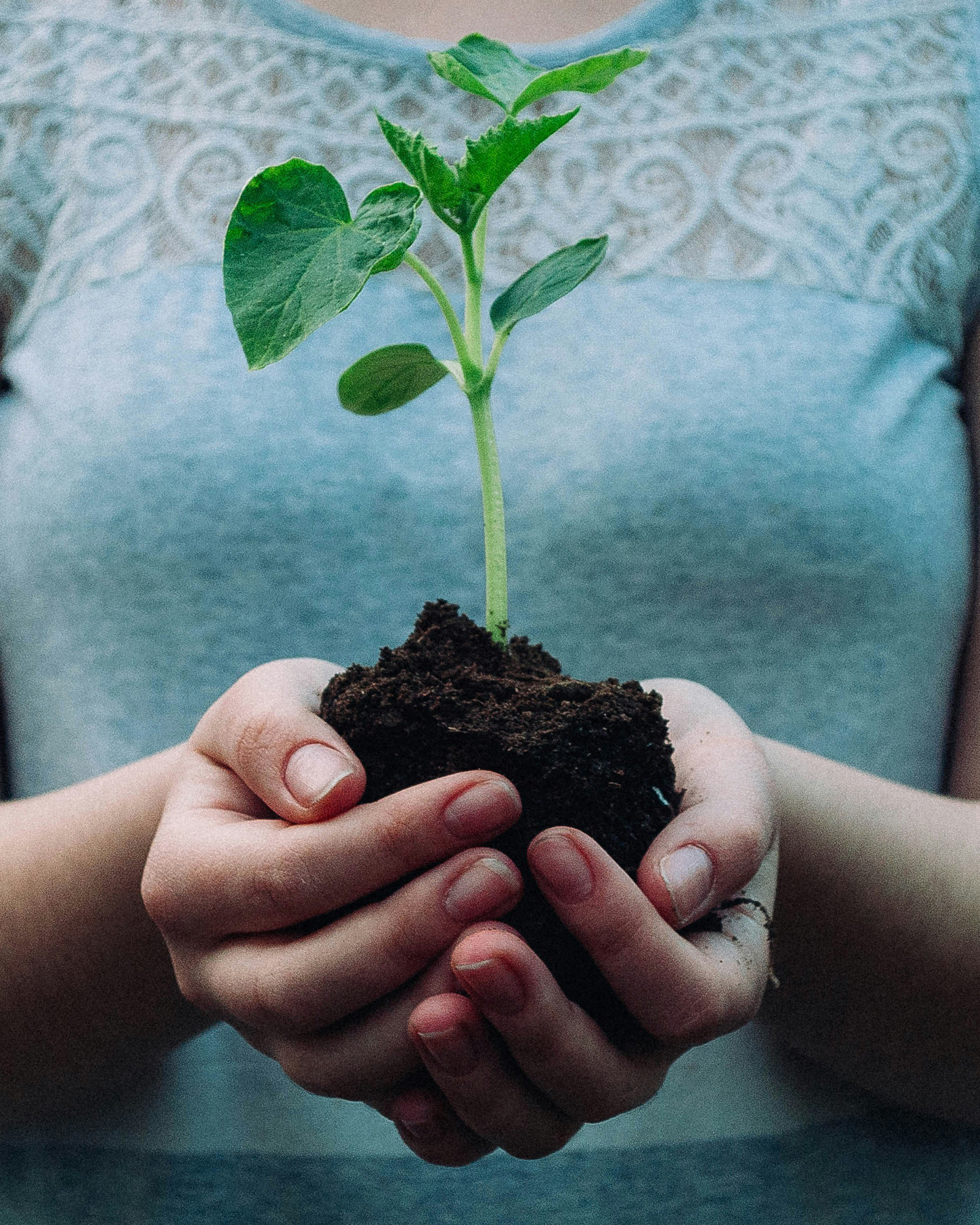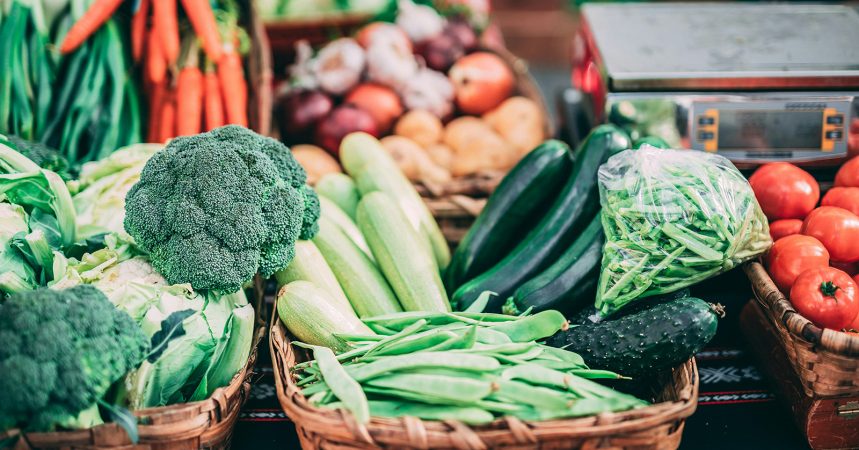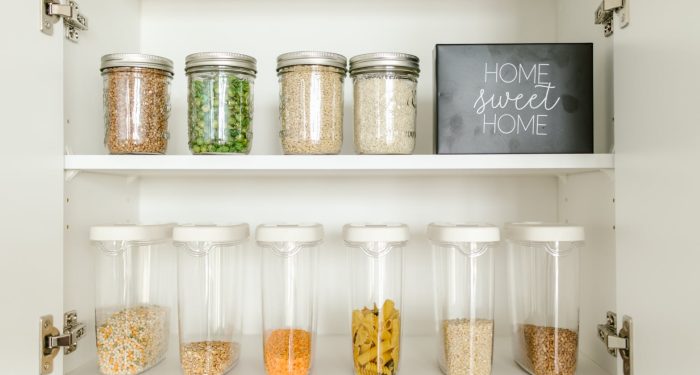Learn how to positively impact the planet through your food choices.
It’s that time of year again. It’s the season when we plant trees, participate in neighborhood clean-ups, and celebrate all things Mother Earth. We’re talking about Earth Day! Wondering how to reduce your carbon footprint? We can help with that! Here are nine ways you can be kind to the environment, give back to the earth, and eat green for Earth Day 2025.
What Is Earth Day and Why Is It Celebrated?
What is Earth Day? It is an international effort to call attention to the planet and its well-being. It’s a day of environmental education, information, and action. Earth Day is a movement toward building a more sustainable way of life. But why do we celebrate the day? Well, think of it as the equivalent of an environmental pink ribbon. We celebrate Earth Day to draw attention and raise awareness. Do you know your water footprint? Can you name any of the animal species that have gone extinct in your lifetime due to the climate crisis? Are you aware of how your food choices impact the earth?
How Does Our Food System Affect the Environment?
My food choices impact the earth? Yes, they do! And if you are wondering how our food system affects the environment, wonder no more. From rainforest destruction to greenhouse gas emissions, animal agriculture is devastating for the planet. It results in an overheated environment and the destruction of certain animal species. In addition, monocrops (think giant fields of corn or soybeans) deplete the soil of nutrients, overuse water, and lead to a heavy reliance on chemical fertilizers and pesticides. But what am I supposed to do? How can I eat more planet-friendly? Well, we’re here to help with that.

Courtesy of Unsplash/Nikola Jovanovic
What Are Some Planet-Saving Food Habits I Can Participate in for Earth Day?
So, yes, what’s on your plate has a direct impact on the planet. Whether you serve yourself broccoli or beef, your meal has environmental consequences on the world around you. Are you ready to make a change? Even for just this one day? Then read on to learn some planet-saving food habits you can participate in for Earth Day.
1. Eat More Plants
Fruits, vegetables, and whole grains require a fraction of the water, land, and energy to produce than do animal products. By eating more plants, you preserve rainforests, reduce greenhouse gas emissions, and lessen the need for beef, chicken, and pork. This means you protect ecosystems, help heal the climate, and preserve the environment for human health as well.
2. Choose Whole Foods
Processed foods are so prevalent in the American diet. But these foods require significantly more water for production than do their natural, whole food counterparts. Processed foods also use up more energy and have a higher greenhouse gas output. By choosing whole foods, you save land, water, energy, and more. You also avoid the excessive food waste and chemical output inherent in the production of processed foods.
3. Shop Farmers Markets
Shop small. Shop local. Shop your farmers markets. By sourcing your meals from neighboring farms, you minimize the environmental costs of your food due to transportation, packaging, and more. Small farmers often also participate in environmentally friendly practices such as composting. Many practice organic or regenerative methods, whether certified or not. All of these lead to delicious, more nutrient-rich produce and a healthier soil.
4. Cut Food Waste
Approximately 40% of food in the US is wasted each year. This is at every step of production, from the farm to your table. Whether crops rot in the fields, get thrown out by grocery stores, or are left to mold in your fridge, we waste a lot. This means wasted water, energy, transportation emissions, and more. To avoid this, purchase only what you will eat. Shop more often and purchase less. And use up leftovers before they go bad.
5. Buy Produce In Season
Buying produce in season helps farmers work with the environment and not against it. Fruits and vegetables have a preferred (easy) season for growth. During this time, they require less energy, such as artificial lighting. Produce grown in season may come from sources closer to home as well. This reduces transportation emissions and potential storage issues. Food shipped longer distances is more likely to spoil than that grown more locally.
6. Support Regenerative Agriculture
Traditional agriculture makes heavy use of chemical fertilizers and pesticides. Over time, this weakens the soil and depletes it of nutrients. This is made worse by the farming of monoculture crops. Regenerative agricultural practices attempt to correct these wrongs. Think old school farming. Regenerative practices work to build the soil back up, reduce the need for excess watering or chemicals, and increase biodiversity. By supporting regenerative agriculture, you will not only help the planet, but you will enjoy tastier, more nutritious foods.
7. Eat Organic
One common practice of regenerative agriculture is organic farming. Organic farming works with nature, making use of natural pesticides like insects and wildlife. Additionally, the practice uses crop rotation and cover cropping to build up the soil. By eating organic, you will enjoy more delicious food that comes packed with nutrients. You will also avoid the harmful effects of chemical fertilizers and pesticides.
8. Grow Something
What’s a great way to reduce transportation emissions related to food production? Well, by growing that food yourself. Whether you have room for a full garden or a balcony or windowsill for some herbs and tomatoes, growing something can be a fun way to do your part for the environment. This Earth Day, plant a few seeds or seedlings. Growing your own will also reduce chemical fertilizers and pesticides as well as packaging that might otherwise be needed for the same product in the grocery store.
Need a little help getting started? Lettuce Grow makes indoor farming easy! Choose either the Farmstand Nook for a more compact space or the Indoor Farmstand for an option with more plants. Both self-watering, self-fertilizing systems are great for year-round gardening. Use promo code VEGOUT for $100 off!
9. Say No to Plastic Packaging
On that note, let’s talk about plastic packaging. Plastic contributes greatly to greenhouse gas emissions, causing air pollution and potential respiratory issues in humans. Additionally, much of this packaging is non-recyclable, meaning a lot of it ends up in landfills. And it can take hundreds of years to break down. Plastic waste fills our oceans and litters the land, harming wildlife and putting humans at risk (think microplastics). So, this Earth Day, say no to single-use packaging.
What’s Your Plant-Powered Archetype?
Ever wonder what your everyday habits say about your deeper purpose—and how they ripple out to impact the planet?
This 90-second quiz reveals the plant-powered role you’re here to play, and the tiny shift that makes it even more powerful.
12 fun questions. Instant results. Surprisingly accurate.














